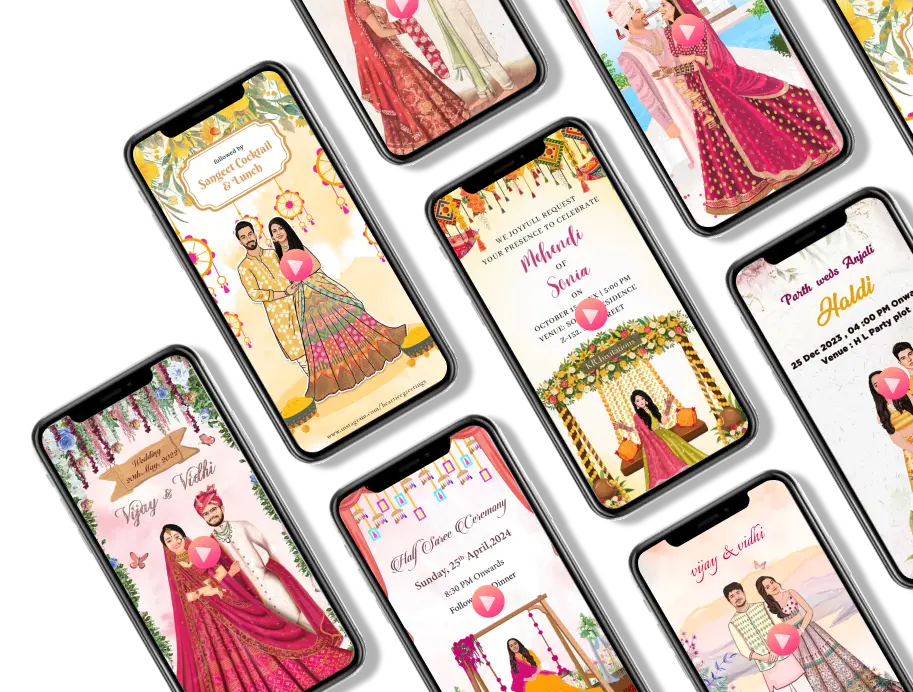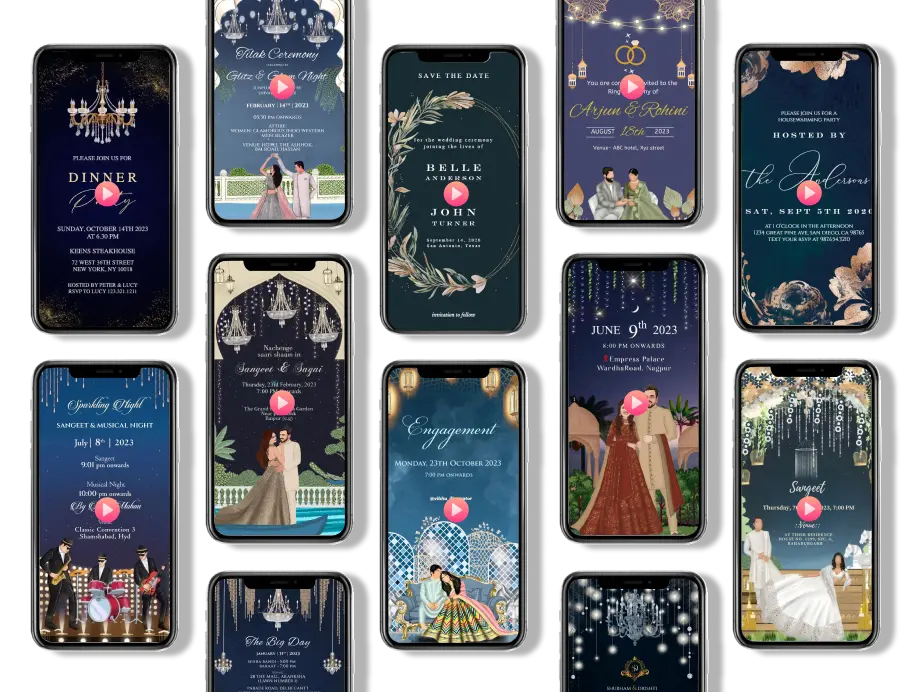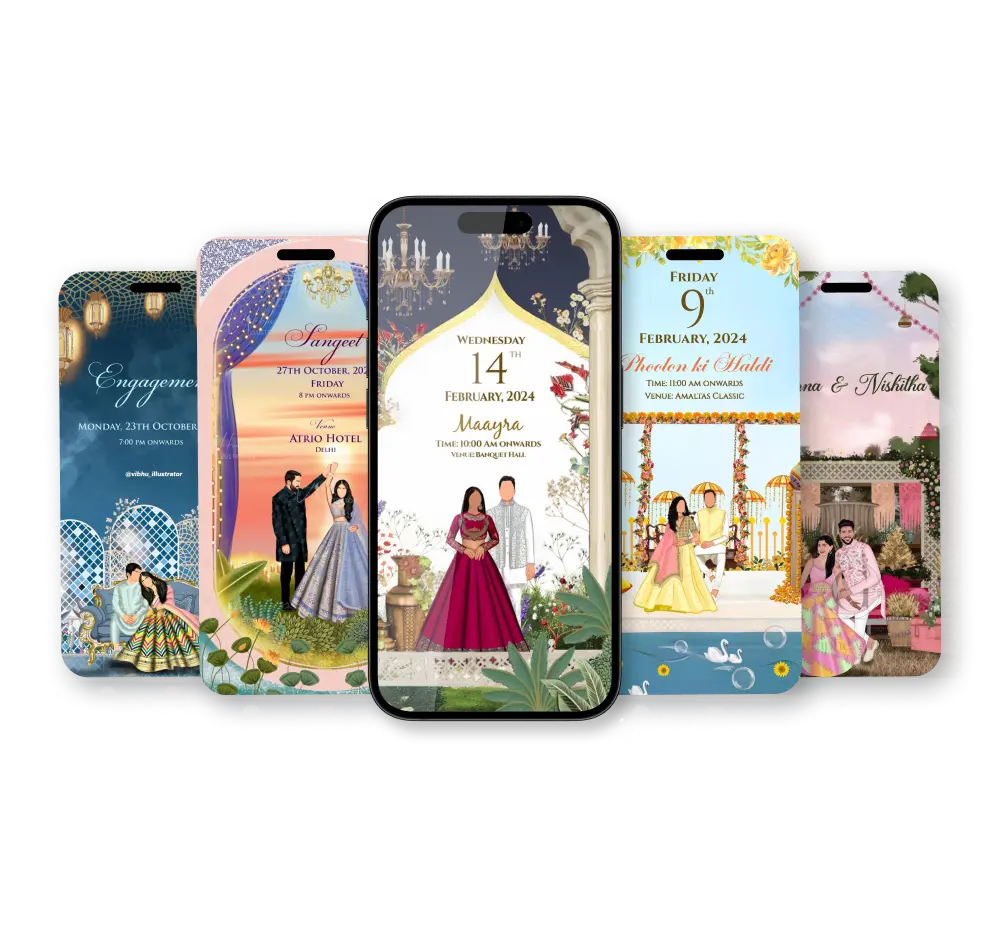A wedding is one of the most important and joyous occasions in a person’s life. It marks the union of two individuals, not just physically but emotionally and spiritually. Weddings are celebrated in diverse ways across the world, with each culture bringing its own traditions, rituals, and significance to the event. Whether it is a grand ceremony or a small, intimate gathering, weddings are a reflection of love, commitment, and the joining of families. In this article, we will explore the meaning, rituals, and customs that make weddings a universal celebration of life and love.
The Meaning of Marriage
Marriage is much more than just a legal contract; it is a sacred bond that represents love, partnership, and mutual respect. Across cultures, weddings symbolize the commitment of two individuals to support, nurture, and care for one another throughout their lives. It is a partnership based on love, trust, and shared responsibilities. In many traditions, marriage is seen as the foundation for creating a family and contributing to society, with each partner playing a vital role in the relationship.
The concept of marriage varies from culture to culture, but it universally signifies the union of two people who choose to live together and build a life based on love, trust, and companionship. A wedding ceremony, therefore, represents the public acknowledgment of this commitment, where families and communities come together to celebrate the couple’s decision to embark on this shared journey.
Wedding Rituals and Traditions Around the World
Weddings are rich in symbolism, rituals, and cultural significance. Every culture and religion has its own customs and traditions that reflect their unique values, beliefs, and histories. Below are some of the key wedding rituals and traditions practiced around the world:
1. The Exchange of Vows
One of the most universally recognized aspects of a wedding is the exchange of vows. These vows are a declaration of the couple’s commitment to one another, often spoken aloud during the ceremony. The vows are deeply personal and can include promises to love, honor, and support each other in the years to come. In many Western weddings, this exchange is accompanied by the exchange of wedding rings, symbolizing the eternal bond between the couple.
2. Wedding Attire
Wedding attire is an important part of wedding traditions around the world. In many Western cultures, the bride traditionally wears a white wedding dress, symbolizing purity and new beginnings. The groom often wears a formal suit or tuxedo. In other cultures, such as in India, the bride may wear a brightly colored sari or lehenga, and the groom may wear a sherwani or traditional attire, symbolizing cultural heritage and spiritual significance.
The color and style of wedding attire vary from culture to culture, but it always serves as a reflection of the couple’s values, traditions, and the sacredness of the occasion.
3. The Role of Family and Community
Weddings are not just a union of two individuals, but also of two families. In many cultures, the families of the bride and groom play a significant role in the wedding ceremony, offering blessings, advice, and support. The involvement of family members can be seen in various rituals, such as the bride’s father giving her away in Western weddings, or the exchange of gifts and blessings in many Eastern weddings.
The community also plays an important role in wedding celebrations. Weddings are often seen as communal events, where friends, family, and extended relatives come together to witness the union and share in the joy of the couple. In some cultures, wedding celebrations can last several days, with various rituals, dances, and feasts, bringing together the entire community to celebrate the occasion.
4. Food and Celebration
No wedding celebration is complete without a feast. Weddings often include elaborate meals that showcase the couple’s cultural heritage and the community’s culinary traditions. From multi-course meals to traditional sweets and desserts, food is an integral part of the wedding experience. The sharing of food during a wedding symbolizes abundance, hospitality, and the joy of togetherness.
In some cultures, food plays a symbolic role in the ceremony itself. For example, in Indian weddings, the sharing of sweets or a traditional meal is believed to bring good fortune to the couple. The food served at weddings is a reflection of the couple’s heritage and the celebration of their new life together.
5. Music and Dance
Music and dance are an essential part of wedding celebrations across the world. Weddings are often filled with joyous music, whether it is the bride walking down the aisle to a wedding march or the couple performing a traditional dance. In many cultures, the entire community participates in the celebration, with everyone dancing and singing to express their joy and blessings for the couple.
In Indian weddings, for example, music plays a central role, with traditional songs and dances like the Baraat and Ghoomar adding to the festive atmosphere. Music and dance are seen as an expression of happiness and celebration, making them integral to the wedding experience.
The Spiritual and Emotional Significance of Weddings
Weddings are not just a legal or social contract, but also a deeply spiritual and emotional occasion. For many people, a wedding represents the beginning of a lifelong journey of love, companionship, and shared experiences. It is a time when two individuals publicly commit to supporting each other through life’s challenges, celebrating victories, and growing together.
In many religious traditions, marriage is seen as a sacred bond, with the ceremony itself considered a rite of passage. The exchange of vows and the rituals that follow often carry deep spiritual meaning, with the couple seeking the blessings of the divine for a harmonious and prosperous future. Weddings symbolize the spiritual union of two souls, and the commitment made during the ceremony is seen as a sacred promise to love and care for one another for life.
Conclusion
Weddings are a universal celebration of love, commitment, and the union of two individuals. Regardless of the culture, religion, or region, weddings are an important part of human life, symbolizing the beginning of a new chapter in a couple’s journey together. The rituals, customs, and celebrations that accompany a wedding are a reflection of the shared values, beliefs, and joy of the couple and their families. Whether it is a simple ceremony or an elaborate celebration, weddings are a time for love, community, and the beginning of a lifelong partnership.


